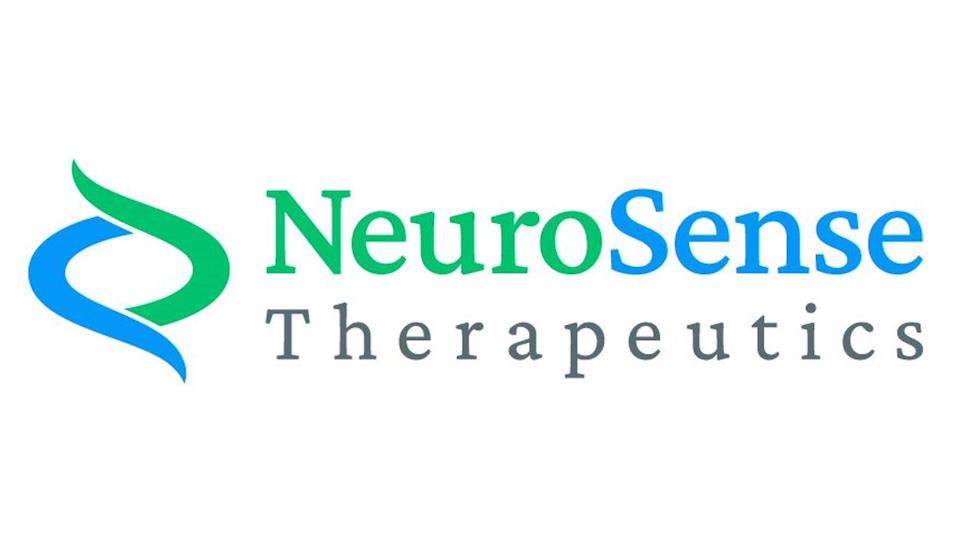NeuroSense says ALS drug extends survival

NeuroSense Therapeutics is currently facing de-listing from the Nasdaq, so encouraging data from a phase 2b trial of its PrimeC drug candidate for amyotrophic lateral sclerosis (ALS) comes at an opportune time.
The results suggest that PrimeC – a novel formulation of well-established drugs ciprofloxacin and celecoxib – was able to slow progression by 36% measured by the ALSFRS-R scale compared to the placebo after 12 months, while survival was improved by 43%.
The PARADIGM study examined six months of treatment with PrimeC or placebo, with data at that timepoint reported last December pointing to a 29% reduction in disease progression, but has continued to follow patients in an open-label extension. A recent survey of clinicians found that most considered a 20% difference in the ALSFRS-R scale to be clinically meaningful.
The difference in the treatment and placebo groups was 6.5 points at 12 months. According to patient organisation ALS Pathways, a single point drop in ALSFRS-R equates to a 7% increase in the risk of death or tracheostomy.
In a subgroup of patients who were at a higher risk for rapid disease progression, the difference was even more apparent, with a 7.7 point difference between the groups, equivalent to a 40% improvement, with 63% better survival.
NeuroSense said that ALSFRS-R is the current “gold-standard” scale used in ALS drug development and the new data highlights the potential of PrimeC to be a disease-modifying therapy for the devastating neurodegenerative disease, particularly given trends towards delayed impairment in lung function and reduced neurofilament biomarkers.
Celecoxib is a COX inhibitor used for decades to treat inflammation, while ciprofloxacin is a well-known antibiotic. While the combination seems unusual at first glance, the drugs are thought to work in tandem to block key disease mechanisms in ALS, such as inflammation, iron accumulation, and impaired RNA regulation.
Although the data comes from a small trial, NeuroSense said it is encouraged by the consistency of the findings and is now preparing to start a phase 3 programme for the drug in the US and Europe. It is working with machine learning specialist PhaseV on the design of the phase 3 programme, with the aim of using artificial intelligence to identify patients most likely to benefit from the treatment.
“The need for new treatments for people living with ALS has never been greater,” commented Merit Cudkowicz, an ALS specialist at Massachusetts General Hospital in the US and an investigator in PARADIGM.
“PrimeC has great potential based on its mode of action and the phase 2 trial results and warrants further evaluation in a phase 3 trial in an expeditious manner,” she added.
In June, NeuroSense said it was at risk of being de-listed from the Nasdaq as it had been unable to maintain the requisite $2.5 million equity threshold. The company has said it will appeal the notice as it attempts to come back into compliance.












